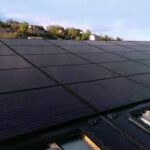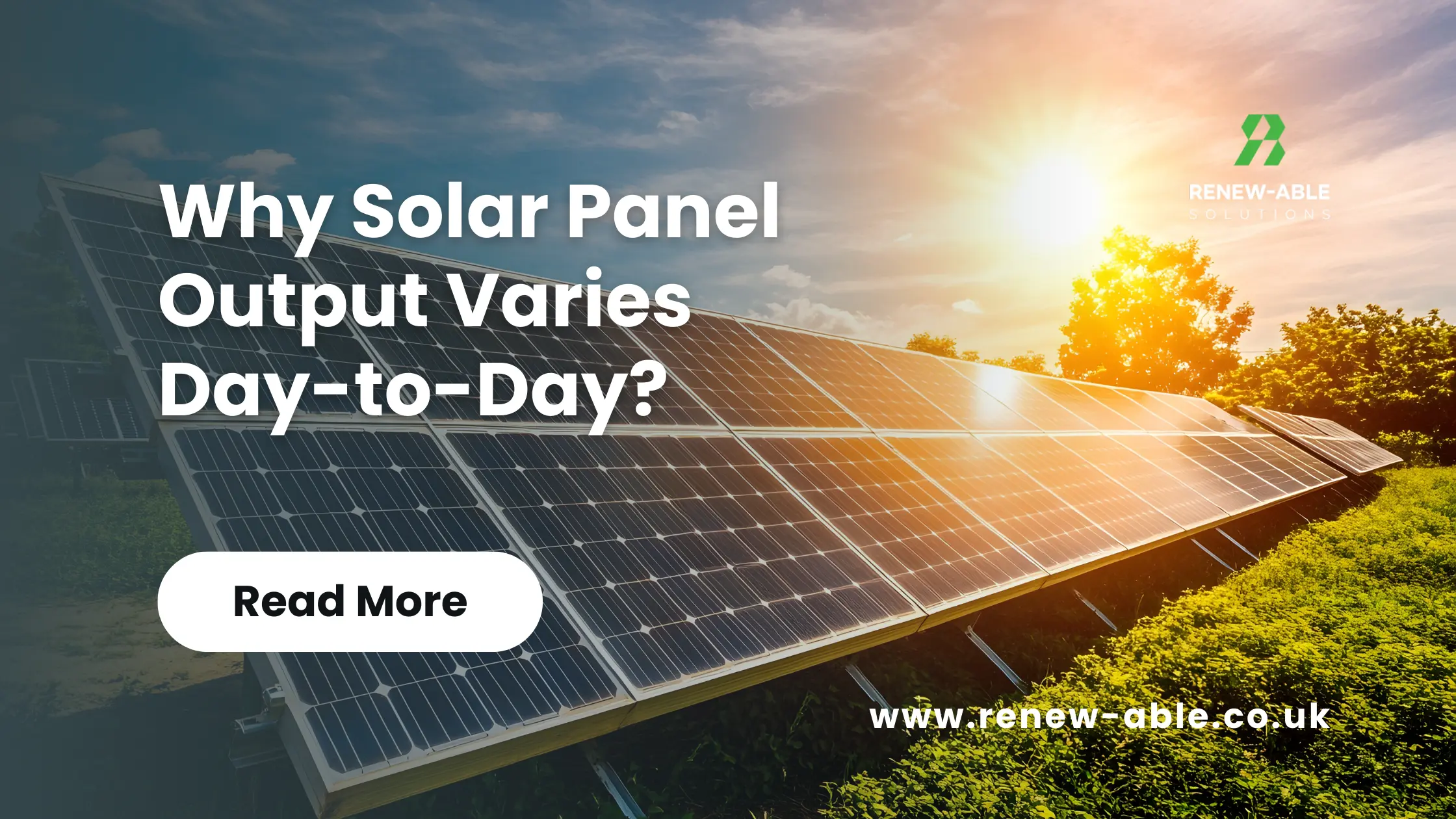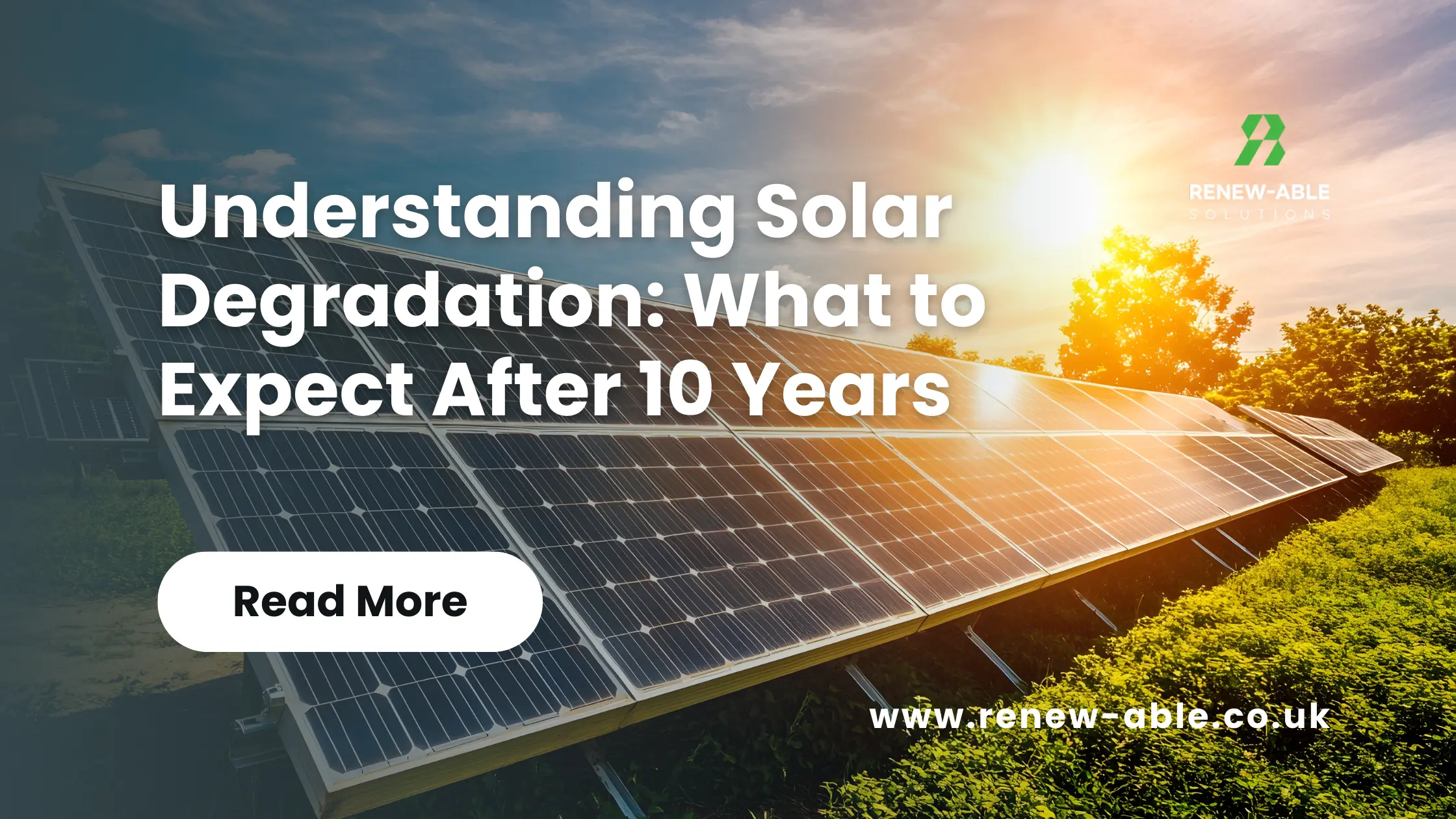A Guide to the Best Solar Panels in 2024 – If you’re thinking of switching to solar power, you’ll find there’s a lot of choice. This is good, especially during a recession – healthy competition means better products and lower prices – but it’s hard to know which solar panel to choose for your home.
Fortunately, we can help. We’ve analysed 32 solar panels offered by 13 top solar companies, and picked the very best ones for you.
Want to skip the reading? You can find the best panels for your home by using our custom-built comparison tool. Simply fill in this free form, and our professional installers will be in touch with quotes.
The best solar panels overall
| Solar panel model | Best for |
|---|---|
| Project Solar Evolution Titan 445 | Product warranty |
| SunPower Maxeon 3 | Performance warranty |
| Panasonic EverVolt EVPV410H | Eco-friendly credentials |
| SunPower Maxeon 6 AC | Efficiency |
| Jinko Solar Tiger Neo 72HL4 | Power |
| Q Cells Q.Peak DUO BLK ML-G9 | Heat resistance |
| Panasonic HIT N340 | Lightweight panels |
Best for product warranty: Project Solar Evolution Titan 445


A Guide to the Best Solar Panels in 2024
Project Solar provides customers with a lifetime warranty for the Evolution Titan 445, which displays the confidence you want from your solar supplier.
This panel is also guaranteed to work at 84.9% after 30 years, which ensures you’ll be receiving plenty of solar energy for decades to come.
Its efficiency rating of 21.4% is also a big improvement on Project Solar’s last panel, and positions this model as one of the best on the market.
A Guide to the Best Solar Panels in 2024
Best for performance warranty: SunPower Maxeon 3


SunPower promises the Maxeon 3 will function at 92% of its original level after 25 years, and at 88.25% after 40 years.
That’s a level that was previously unheard of for domestic panels, and makes this panel far and away the most efficient on the market today.
Most panels don’t offer much over 85% after two decades, let alone four.
Best for eco-friendly credentials: Panasonic EverVolt EVPV410H


If you’re going solar, you probably want to help create a better, greener future for the world – and with a Panasonic panel, you can.
The company has put together a detailed plan to reach net-zero emissions by 2030 that involves investing in hydrogen, creating net-zero factories and showrooms, and promoting green businesses.
Many solar brands have taken positive steps, from recycling panels to partnering with organisations like Better Earth and the United Nations, but Panasonic has the best record – and its EverVolt panel is excellent.
Best for efficiency: SunPower Maxeon 6 AC


Just a few years ago, reaching 20% efficiency was an admirable feat for domestic solar companies.
Now, it’s not even par for the course. Of the 32 panels we analysed, 28 offer more than 20% efficiency, with eight – a quarter – providing a rate over 22%.
You can’t beat the SunPower Maxeon 6 AC, though. 22.8% is an enormously impressive figure, and will ensure you make the most of the sun’s rays throughout the year.
Want to get a better idea of what it’s like to own a set of solar panels? Check out our case study with Paul, based in East Lothian.
Paul had a 3.95 kWh solar panel system installed in June 2023, which cost roughly £6,000. Despite electricity prices increasing around the world, Andrew’s panels are already saving him £32.93 on energy bills. He’s also projected to save around a tonne of CO2 a year with his panels.
Best for power: Jinko Solar Tiger Neo 72HL4


Solaria’s 400W panel creates a heavyweight level of solar energy – and that, of course, could also save you plenty of space.
Instead of having to install 13 panels of 300 watts each to provide power for your family of three, you could install just 10. This means less time – and therefore less money – spent on installation.
Best for heat resistance: Q Cells Q.Peak DUO BLK ML-G9


With British summers getting hotter and hotter, there’s never been a better time to invest in solar panels that can put up with the heat – and if you look past its jargon-filled name, Q Cells’ latest creation is unbeatable in this area.
With every degree over 25°C that the mercury passes, this panel loses just 0.25% of its efficiency.
Considering 78% of the panels we analysed lose 0.34% or more, that’s excellent.
Best for lightweight panels: Panasonic HIT N340


Panasonic doesn’t manufacture its own panels anymore, but its subcontractors still churn out its excellent products, including the tiny, lightweight HIT N340.
Not only is it just 19 kg, it’s also 1.7 square metres – making it 16% smaller than the average panel in our investigation.
Its heat resistance is also fantastic, and its warranties are solid. The only drawback is that it’s not as powerful as the other panels on this list.cost to install solar panels
Cost to install solar panels in 2024?
A Guide to the Best Solar Panels in 2024 – How did we choose the best solar panels?
Our team of four researchers spent 28 hours investigating the solar panel market to find the 32 best panels currently available.
We noted down the attributes of all these panels, then decided to focus on the seven most important factors.
These were the efficiency, power, heat resistance, and weight of the panels, and the product warranty, performance warranty, and eco-friendly credentials offered by the panel’s company.
1. Product warranty
If you’re paying solar panel costs that typically reach £5,420, you want them to last.
Solar panel warranties usually range from a meagre 10 years all the way up to 40 years – or even a lifetime warranty, if you opt for the Project Solar Evolution Titan.
2. Performance warranty
Also known as a linear output warranty, this is a guarantee that your panel will produce above a certain percentage of its original output after a number of years.
Companies will typically offer somewhere between 80-90% after 25-30 years – and the best ones will go as high as 92% after 25 years.
3. Eco-friendly credentials
We looked into companies’ actions outside of their solar panel production, to see what other green moves they’ve made.
We then ranked these actions based on their impacts on the environment, from the brand trying to reach net-zero to the ones doing nothing to stop the ongoing climate disaster.
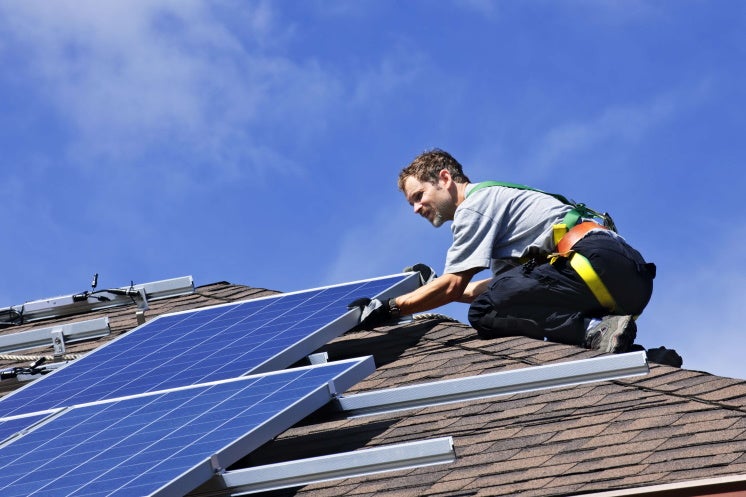
4. Efficiency
Efficiency refers to the percentage of sunlight hitting a solar panel that can be converted into usable electricity.
It generally ranges between 19% and 23% on the residential solar panel market.
The higher the number, the more solar energy your panel will produce from the same amount of sunshine, and the better your return on investment will be.
5. Power
Measured in watts (W), power refers to a solar panel’s typical energy production in Standard Test Conditions (STC). These conditions involve an irradiance of 1,000 W per square metre at 25°C.
So for example, a 300 W panel would produce 1,500 watt-hours in five hours of STC – or 1.5 kilowatt hours (kWh).
Real world conditions are rarely as optimal as STC, but it’s still the best way of comparing the output of different panels.
6. Heat resistance
All solar panels become slightly less effective when the thermometer rises above 25°C.
Heat resistance refers to the percentage decrease in output that occurs with every extra degree above 25°C.
Most panels lose between 0.3% and 0.4% per degree, but the best entry on our list drops just 0.25%.
7. Weight
If your roof isn’t the strongest, it may not be able to hold the biggest, heaviest panels on the market.
That makes lightweight panels an important alternative for anyone with a less reliable roof – and if you’re looking to put panels on a less sturdy building like a barn, it’s a crucial factor.
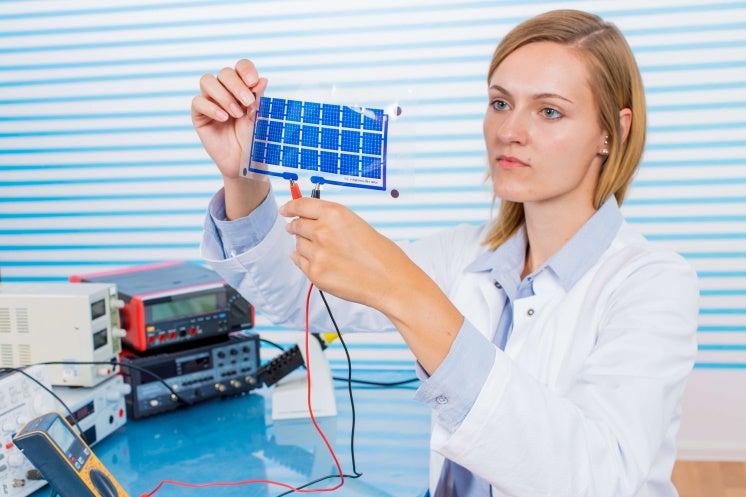
A Guide to the Best Solar Panels in 2024
The best emerging solar technology
There are several fascinating new solar technologies revolutionising the industry at the moment.
Let’s look at the most exciting developments.
Perovskite solar panels
Prospective buyers should consider which type of solar panel is best for them – but we’re close to moving on from the classic monocrystalline v polycrystalline debate.
In 2018, Oxford PV broke the world record by demonstrating its perovskite-silicon tandem cells could work at 28% efficiency – around one-third more than current standard panels.
The company did this by using a perovskite tandem solar cell. This cell uses both silicon and a synthetic material modelled on the special crystal structure of a mineral called perovskite.
This structure absorbs sunlight in a different, more effective way than purely silicon cells.
Dr Chris Case, chief technology officer at Oxford PV, told us the cells could be “potentially 50% more efficient” than current panels, but said that for the moment, “we’re getting about 20%.”
Desalination
A solar-powered desalination system developed by researchers at the Massachusetts Institute of Technology (MIT) and in China provides seven litres of drinkable water per hour, for each square metre of the solar network.
It’s not just happening in theory, either. The system has been set up in Kiunga, Kenya, by a non-profit called GivePower, and is able to provide 75,000 litres per day – enough for more than 28,800 people.
Floating solar farms
Floating photovoltaic systems – or ‘floatovoltaics’ – save on inhabitable space and produce significantly more energy.
Studies have shown they generate electricity up to 11% more efficiently than land-based panels, because the water acts as a coolant.
China, Japan, Cambodia, Indonesia, India, and South Korea have all invested heavily in this area, and others are catching up. The Netherlands opened Europe’s biggest floatovoltaic network in 2020, and more will surely follow.
Solar skin
This concept could transform an industry which relies primarily on thick, rigid panels.
University of Queensland researchers broke the efficiency record for solar skin in February 2020, reaching 16.6%. That means it’s almost as effective as standard solar panels.
The scientists, who achieved this milestone by printing nanoparticles known as quantum dots onto transparent sheets, aim to raise the technology’s efficiency to 20% and use it to power phones by 2024 – then homes in 2025, and after that: the world.
What are the most efficient solar panels for the future?
What is the new solar panel technology in 2024?
What is the world’s most effective solar panel?
Wearable solar
Nottingham Trent University researchers have developed solar cells which are just 3mm x 1.5mm – as small as a flea. These cells can be embedded into yarn, which can then be turned into clothing.
The developers say a clothing item interwoven with 2,000 of these cells would be able to charge a smartphone.
The cells are even coated with a waterproof resin, so they’re able to withstand a run through the washing machine. You’ll be able to treat it like a normal piece of clothing, while still reaping the benefits.
Summary
By now, you’ll know all about the best of the best when it comes to the solar industry, from panels and companies to exciting new technology.
And you have great timing, with 60% of UK residents currently wanting to switch to renewable energy, according to our latest National Home Energy Survey.
If you’ve decided to get solar panels, the next step is finding the right deal – that’s where we come in.
Simply pop your details on this free form and let us take the reins. We’ll pass on your details to our professional installers, who will then get in touch with their best prices. From there, you can discuss the best solar PV system for your house with qualified people who’ve got the know-how.

